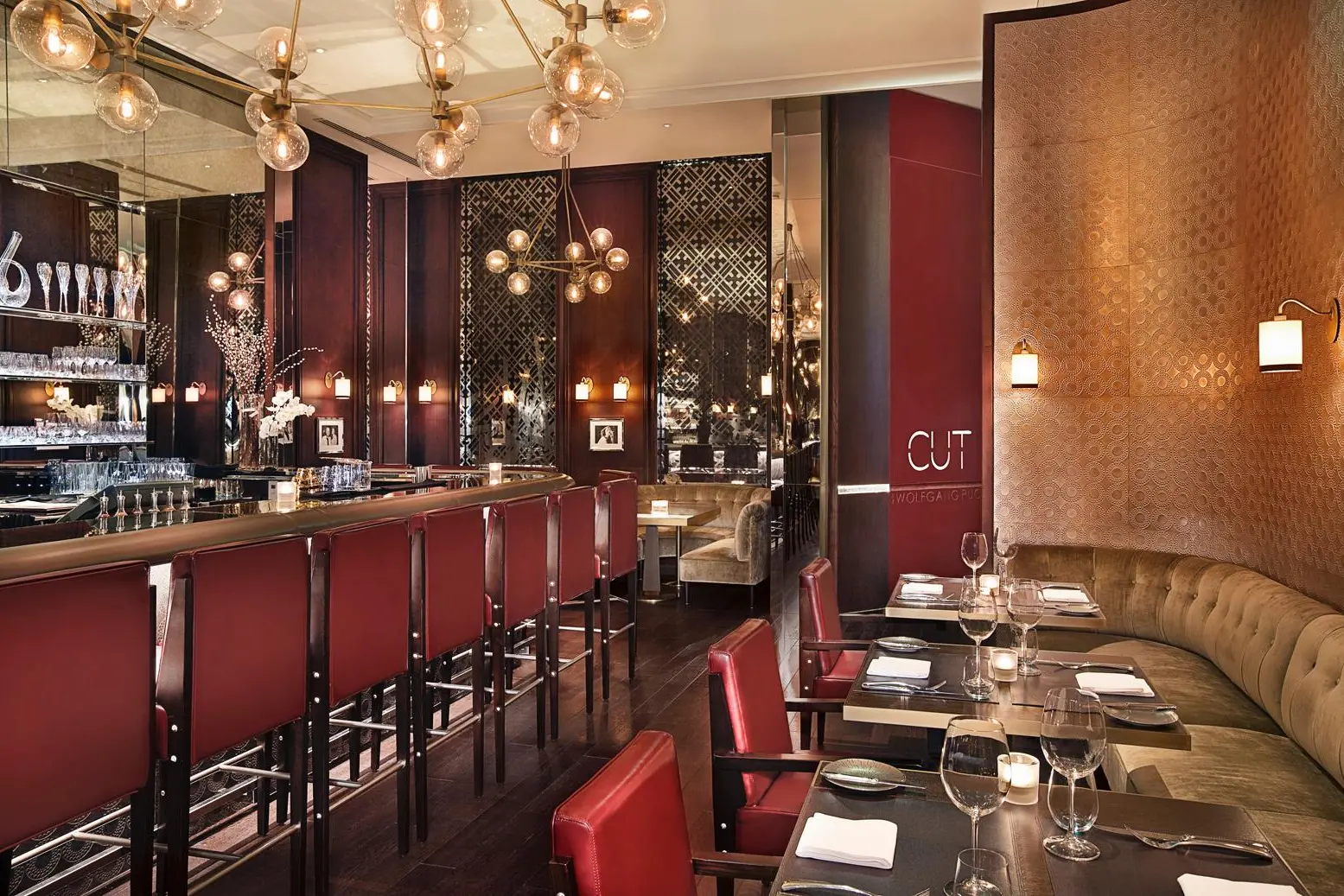PHOTO
Food-and-beverage retailers in the UAE have been hit hard by the coronavirus pandemic due to a combination of hygiene concerns and a reduction in spending power among their usual clientele. However, most landlords are refusing to give rent waivers and deferrals to their F&B tenants, according to industry players.
Restaurant operators are not seeking a blanket waiver of rents; instead, they want a revenue-sharing arrangement with the landlords to pay a percentage of their rents. They are also in talks with regulators for a more level playing field in lease negotiations. Nevertheless, despite tenants' protests, landlords continue to deposit post-dated rent cheques in banks. If this continues, it could result in more restaurants shutting down.
“It has becoming increasingly difficult to convince landlords that since our revenues have dropped by 50 to 80 per cent, honouring contractual rental obligations is becoming unsustainable. Most landlords have offered total rent waiver during the lockdown. However, some landlords insist that rent should still be paid during the lockdown since they had to pay service charges and chilled water fees because essential services were still operational. But if our revenue was zero, we can’t afford to pay rent,” said George Kunnappally, Managing Director, Nando’s Restaurants.
Amol Dhote, Founder, O’Pao - Indian Sliders, was instructed by his landlord to come back for better terms during his lease renewal. “Instead of paying quarterly rent, I was offered to pay monthly rents. For the July quarter, there is no rent waiver or splitting of cheques,” he added.
Although most mall managements are now willing to offer turnover rent rates to support tenants, retailers claim that the fine print states that the turnover rent only replaces the base rent. “We still have to pay service charges, chilled water charges and marketing fees. All of this adds up to around 40 to 45 percent of a retailer’s sales. If you have to pay 40 percent of your sales on rent, followed by 30 percent on cost of sales, salaries and utility costs, then there is nothing left, and this is not sustainable,” Kunnappally added.
Retailers are not legally permitted to close outlets while their leases are still valid. They are obliged to pay a non-operating penalty and face a fine for breaking a lease's covenants.
Shanavas Mohammed, Managing Partner, Golden Fork Group, told Zawya that some landlords have offered rent waivers, but with sales reaching a mere 20 percent, even a 2-month or 6-month rent waiver would not work. “I pay an average rent of Dh600,000 to Dh800,000 per outlet. We will shut down our branches in Mamzar and BurJuman soon. Our branches in Ras Al Khaimah and Ajman are already closed because of no support from the landlord.”
Staff salaries account for a big chunk of expenses for F&B operators. The Golden Fork Group, for instance, has now opted to pay daily salaries since they can’t afford monthly payments. F&B owners also reported that although expired visas and Emirates IDs are valid until the year end, they have been asked to renew employees’ labour permits, which cost Dh3,000 per head.
Other worries for F&B players include demands for upfront payments from suppliers and having Internet and telephone connections cut by telecom companies. Although restaurants benefited from a 10 percent discount in utility fees for three months, this did not translate into considerable savings.
Industry sources said 40 percent of F&B businesses in Dubai have already shut down, while 20 percent have switched to shared kitchens. At least another 20 percent of restaurants will shut down, warned Anmol Mehta, Managing Director, Little Italy LLC.
“Most UAE restaurants typically earn money between September [and] January. This money sustains you during the leaner months. Because of the onset of COVID-19, every single penny we had saved up was spent in one month. We continue to lose money. [...] I lose around 180,000 dirhams every month. I might be able to sustain for a month more,” said Mehta.
He added that customer’s spending power has also decreased. Before COVID-19, the average per cheque at Little Italy was approximately 250 dirhams, but this has now reduced to 80 dirhams.
Restaurant operators are now in talks with regulators to make lease agreements more equitable.
“During the good times, we were to blame for signing these one-sided, predatory and onerous lease agreements. This is a good time for regulators to step in and make this more fair and balanced. This will save regulators and courts more time, enabling landlords and tenants to negotiate on a level playing field,” Kunnappally said.
(Reporting by Disha N. Editing by Seban Scaria)
#COVID19 #RESTAURANTS #UAE #F&B
Disclaimer: This article is provided for informational purposes only. The content does not provide tax, legal or investment advice or opinion regarding the suitability, value or profitability of any particular security, portfolio or investment strategy. Read our full disclaimer policy here.
© ZAWYA 2020





















